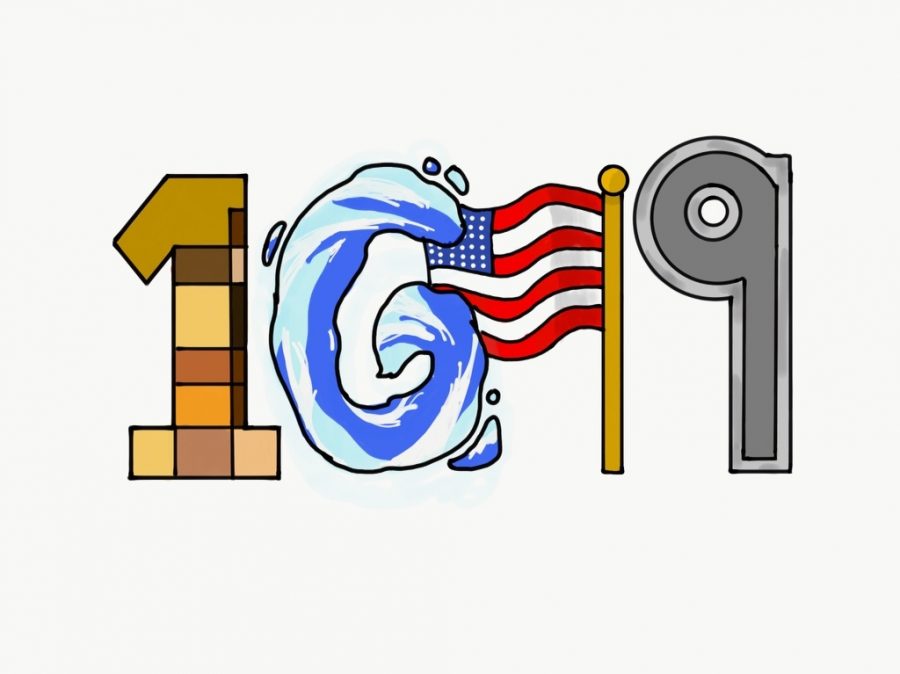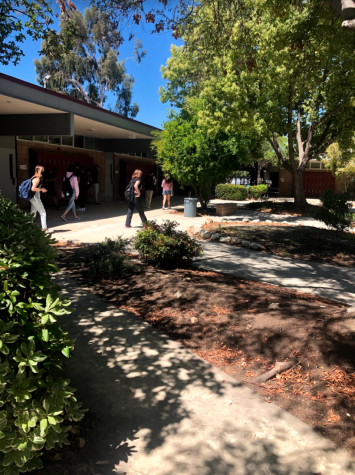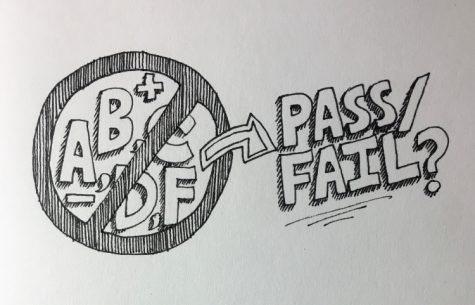Is it time for a new approach to American education? The New York Times thinks so.
Parents everywhere can agree that quality education is of the utmost importance to their child. Everyone can agree on that, however as much agreement as there is on making sure a child’s education is up to scratch, there is just as much disagreement on deciding what should be taught. One such debate has recently gained traction in the media: should American history be taught from the point of view that the U.S. was built on a systematically racist system and that many of the privileges now taken for granted are direct products of this system? Or should the focus be centered around what is great about the U.S., discussing that it was built upon the ideals of life, liberty, and the pursuit of happiness? The New York Times 1619 project takes the view of the former.
The 1619 project was undertaken by the New York Times to create a school curriculum that, at its core, said that America today is the product of the slave trade which began in August of 1619. The project even goes so far as to say that this was truly the start of America even though historians generally argue that America was founded on July 4th, 1776.
The other side of this debate is primarily led by the Trump Administration, as President Trump recently announced that he formed the 1776 committee which would create a history curriculum that was a “patriotic” view of America. A curriculum made by this committee would no doubt present the best face of America. It probably would not gloss over slavery; likely it would say that America was founded on the ideas of equal opportunity and freedom. While it is undoubtedly important to teach the ideals of the founding fathers, many have posed the question as to whether these original freedoms truly extended to all Americans. And this one of the questions the 1619 project attempts to explore.
President Trump has made several statements saying the Department of Education would look into restricting funding to any school that taught the 1619 project, showing a complete disregard to even consider teaching it. On the other hand schools in Chicago have mandated the teaching of the 1619 project which could have the possibility that anti-American sentiment is taught in those schools.
The main point of the 1619 project is to educate American students where the education system has failed them and to thoroughly teach American history without a white-centered approach. The central point of the project is that America was built on slave labor and brutality towards those who were brought unwillingly to be slaves in the new world; and the effects of that cruelty are still visible today. For example, a large percentage of America’s homeless population is made up of African Americans, and this was not addressed until 1968 a mere 52 years ago with the passing of the “Fair Housing Act”. This act, stopped discrimination of any kind in land owning. The effects of this act both before and after can still be felt today, and there are those alive today who experienced the passing of this act, and yet there is no mention of this inside the classroom. The 1619 project attributes this to the racial issues that are being felt today but are invisible in schools today.
“There are a lot of racist people in the world, but I’d like to believe that they are racists not because of hate, but because of ignorance. They don’t know better,” CHS sophomore Saul Harper said.
This is the primary argument for teaching the 1619 project curriculum. There are many people who do not know about the roots of American history, thus, they are unable to learn from it and overcome the prejudice that is embedded deep within our culture. Without accurately learning about the horrors of the past, there is no way to guarantee they will not be repeated. Nevertheless, some argue that teaching the 1619 curriculum will foster anti-American sentiments, by focusing solely on the horrible aspects of America’s past.
“I believe it’s the duty of the people to not right all wrongs,” Brad Hudson, a CHS sophomore, said. “But to learn from them to make a better future, and to make a better future we must not just learn the bad history but we must also learn the good history. The history that empowers us and unifies us as Americans.”
Thus it is understandable to believe that teaching such a radical curriculum would only further the cultural and political divide in America.
In recent weeks President Trump announced that he would be forming a committee to show and teach American history in a more positive light. This committee is called the 1776 commission, and the goal of it is to teach history while supporting patriotic education. President Trump has expressed that America is the most exceptional nation on the face of the earth and that students should be reminded of that, instead of instructed by “left-wing propaganda”.
“He (Trump) wants to promote patriotic education and encourage educators to teach children the miracle of American history…I feel that that’s very important, the American revolution shows a group of people felt the establishment they were living under was oppressive and fought back…that’s a fundamental message for everyone in the United States. If educators start making the revolution seem that it was all about slavery, then that message might not show for what it is.” Hudson said.
However, a common argument against the 1776 commission is that even if not all of American history should be based around slavery, it is a crucial part of it, Being patriotic should not mean being unable to address flaws and learn from past mistakes, and it certainly shouldn’t mean erasing or brushing over painful events.
“Patriotic education, while not entirely bad, has already been taught for years.” Harper said, “If anything, history lessons should talk less about America being a land of equal rights and opportunity, and more about past injustices we have had to overcome.”
While this may seem like a completely two-sided issue, there is also a large group of people who would rather teach a curriculum that is neutral. The essential argument for finding a middle ground is that students should have the ability to make up their own minds without schools forcing them in a certain direction.
“I think as a teacher it’s my job as a teacher to encourage you to develop your own opinions as a person.” Ryan Easton, CHS History Department chair, said. “It comes down to: Can teachers foster opinions from students? Do students have the skills to formulate those arguments, and defend those opinions? If a teacher in my department or anyone at CHS would want to use the 1619 project, sure go ahead! But I would always encourage students to have a balanced view. If you’re only using the 1619 project, I think that would be skewed in one direction.”
Many believe that whether or not they agree with the 1619 project or patriotic education, students should be exposed to both ideas and both forms of thought. The benefit of this would be that students are given the opportunity to practice critical thinking and reasoning as they decide what view they most agree with. However, the two extreme sides are not likely to work together in this regard.
There are not necessarily two sides to every debate. There are degrees of agreement and disagreement. Everyone agrees that education is important but not everyone agrees on what should be taught. The debate between the 1619 project, patriotic education, or teaching a mix of the two is a heated national debate that will have direct effects on the CHS curriculum. For example, everyone learns about the revolutionary war and how it started America but if the 1619 project is adopted, perhaps there will be a future where students learn that America didn’t start in 1776, but instead that it started in 1619 when the American slave trade began.
Read the New York Times piece here
Hello there! Our goal is to provide relavent, engaging journalism for readers of all ages. Your donation will support the student journalists of the Wolfpacket at Claremont High School, and will allow us to purchase equipment, print our monthly issues, and enter in journalism competitions. We appreciate your consideration!
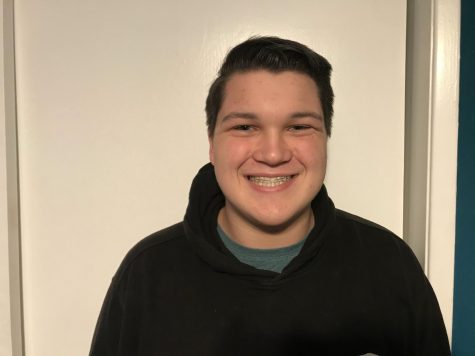
Michael Ball is a sophomore at CHS and he is very excited for his first year at the Wolfpacket as a reporter. Ball is a member of the CHS Speech and Debate...
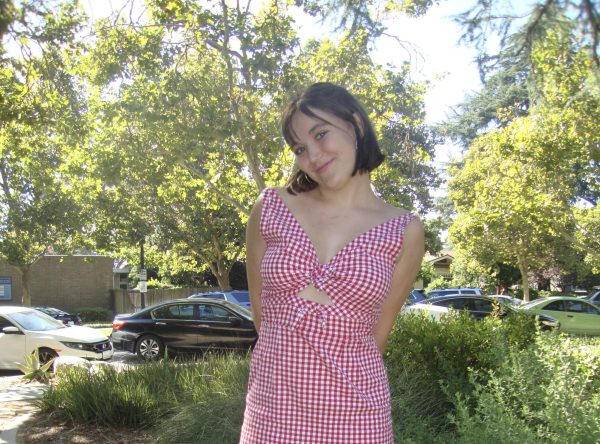
Izzy Thomas is a senior at CHS and one of the three Editors-in-Chief for The Wolfpacket. Her hobbies include taking photos, cooking, playing guitar, and...



